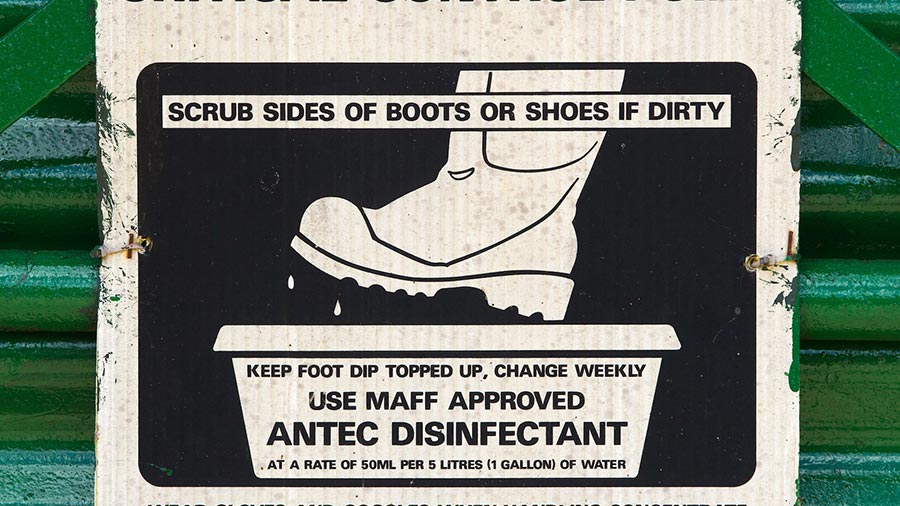Avian influenza prevention zone lifted, but risk remains
 © Tim Scrivener
© Tim Scrivener Poultrykeepers large and small are being reminded to keep biosecurity and cleanliness “at the forefront of their minds”, as Defra lifts the avian influenza prevention zone (AIPZ) across Great Britain.
The move follows the downgrading of the official bird flu risk to “low” and means poultrykeepers are no longer required to apply “enhanced” biosecurity measures, which have been a legal requirement since last October.
See also: Northern Ireland lifts compulsory bird flu biosecurity rules
But while the risk of avian influenza has reduced, it has not gone away, with cases still cropping up sporadically.
On Sunday this week (2 July), for example, the highly pathogenic H5N1 strain was confirmed in a commercial free-range laying flock in Bootle, Cumbria, with a 3km protection zone and 10km surveillance zone declared immediately.
There have also been notable cases in wild birds, with about 300 black-headed gulls found dead from the disease in Teeside last month, and four more gulls testing positive in Northern Ireland.
Hard work
Announcing the lifting of the AIPZ in England, Scotland and Wales on Tuesday (4 July), UK chief vet Christine Middlemiss praised the hard work of all birdkeepers in maintaining high biosecurity standards for many months.
“However, there are still localised areas of risk and it’s vital that everyone keeps biosecurity and cleanliness at the forefront of their minds, to keep their flocks safe,” she added.
As well as keeping a close watch on flocks and reporting anything suspect, Defra advises the following:
- Cleanse and disinfect clothing, footwear, equipment and vehicles before and after contact with poultry and captive birds – if practical, use disposable protective clothing.
- Reduce the movement of people, vehicles or equipment to and from areas where poultry and captive birds are kept, and use effective vermin control.
- Thoroughly cleanse and disinfect housing on a continuous basis.
- Keep fresh disinfectant at the right concentration at all farm and poultry housing entry and exit points.
- Minimise direct and indirect contact between poultry and wild birds, making sure all feed and water is not accessible to wild birds.
The UK has faced its largest ever outbreak of bird flu, with more than 330 cases confirmed across the country since late October 2021.
All poultry gatherings, including at fairs, shows and markets, remain banned due to a large number of flocks mixing together and the risk posed by any infections spreading across the country.